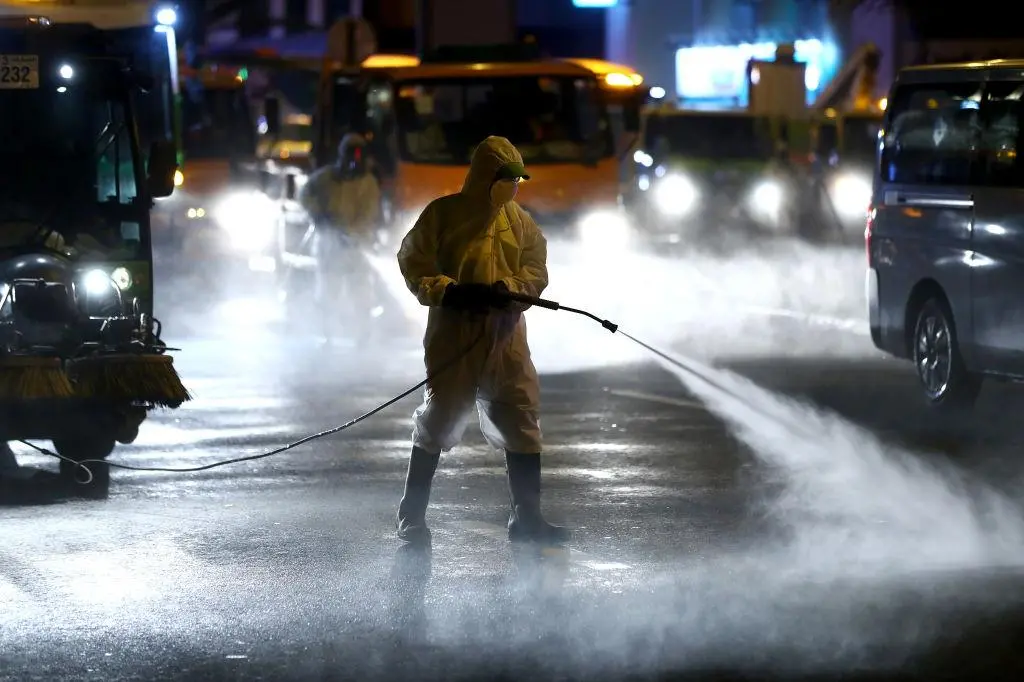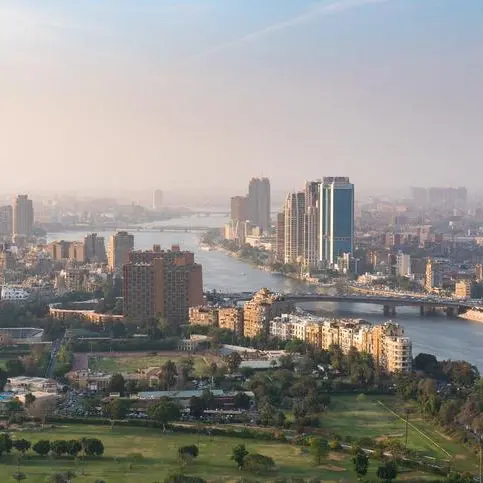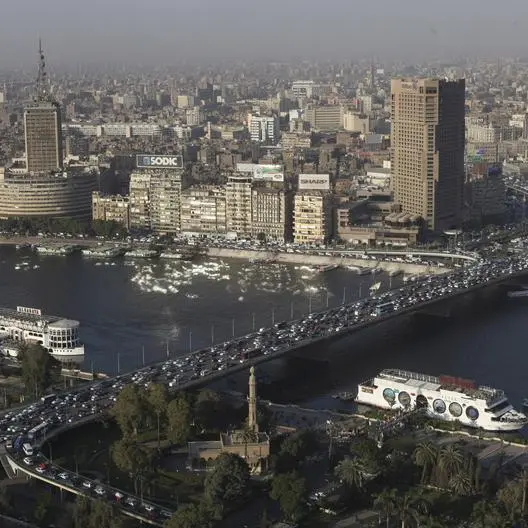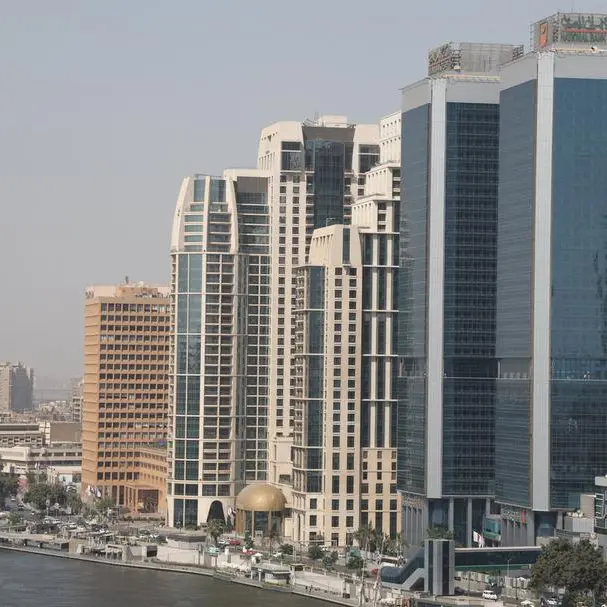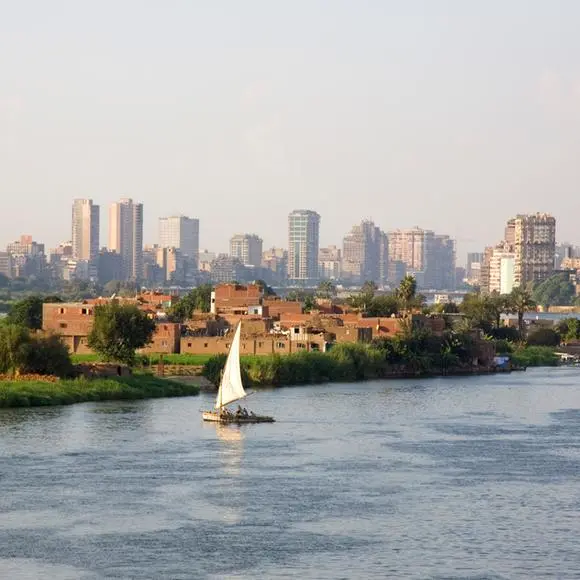PHOTO
With Covid-19 finding new ways to spread and the death toll mounting daily, we are faced with a seemingly unstoppable juggernaut that finds new ways to upend our lives and bring once robust economies to their knees. This particular virus is unique in terms of its spread and the impact it has had in bringing today's highly interconnected world to a shuddering halt. However, the application of smart technologies can be harnessed in a number of ways to help urban centres control the spread of the virus and restore a semblance of normal life while the wait for an effective antidote continues. In Dubai and the UAE, nighttime curfews and abundant caution has kept the situation under control and allowed a gradual easing. But what other smart successes are we seeing elsewhere?
The city of Medellin was once the notorious epicentre of narco-terrorism. Today, Colombia's second largest city (with a population four million) has evolved into what is arguably Latin America's smartest city, using data-driven technology to flatten the Covid-19 curve. A combination of moving early to enforce a very strict lockdown and analysing a database of 2.2 million individuals and 800,000 families enabled authorities to use smart maps to pinpoint the exact location of positive cases down to street, building and floor level, and then enforce strict quarantines. Medellin also conducted most of its Covid-19 testing at home rather than at testing centres, followed by continuous daily monitoring via phone calls.
Rigorous contact tracing, used successfully in South Korea, Taiwan, Kerala, Hong Kong, and Singapore, which helped lower the amplitude of the curve early in these regions, can be enhanced with 'citizen dashboards' used in Seoul, which warns residents if a positive-tested person visited the local supermarket, what products were purchased and even what counter was used at checkout. Smart city data analytics can tell us on demand and at any time of the day exactly how crowded various local supermarkets are and even what the queue at the fish counter looks like this evening. Smart decisions can be made.
Can hundred per cent mask wearing be enforced in public places? Technology can help. Street-mounted smart cameras can issue warnings to pedestrians improperly wearing masks who might have endangered the health of passersby. If the warning continues to be flouted, the next camera takes a photo and AI-enabled technology identifies the pedestrian and issues a fine. Some might call this invasion of privacy, but it may be a 'necessary evil' we have to live with for a while in the interests of public health.
Similar technology using artificial intelligence and machine learning is being used to measure and maintain social distancing between people in public urban areas. People are inherently smart when it comes to survival, but you only need to look at a city intersection to see how quickly the mind wanders and how easily people crowd together, proving the 'gregarious animal' theory. Mobile app called Corona 100m alerts users if they come within 100 metres of a location visited by a Covid-19 positive person. But it is not technology alone that helps overcome pandemics. How is it that Vietnam, a country of 97 million, has only 330 cases and zero deaths? Vietnam did a number of things right, including strategic testing, contact tracing and an effective public communications campaign, but the key to its success was the astonishing speed with which it acted.
Today, we take technology for granted and assume it is a panacea for everything. A smart approach does not necessarily entail saturating cities with sensors or deploying armies of enforcers to monitor movement and mask-wearing. We now live in a 'seventy per cent world' where we have to cut back on everything and the ultimate responsibility for our actions (and health) lies with us. Smart cities require not only technology but smart inhabitants as well. People need to cooperate with technology and rules and do so willingly. Only then will smart cities enable us to live the way we want to, with restrictions certainly; but the alternative does not bear consideration.
Sanjay Modak is Chair, Graduate Programs & Research Department at the Rochester Institute of Technology, Dubai. Rajvir Kohli is a student.
Copyright © 2020 Khaleej Times. All Rights Reserved. Provided by SyndiGate Media Inc. (Syndigate.info).
